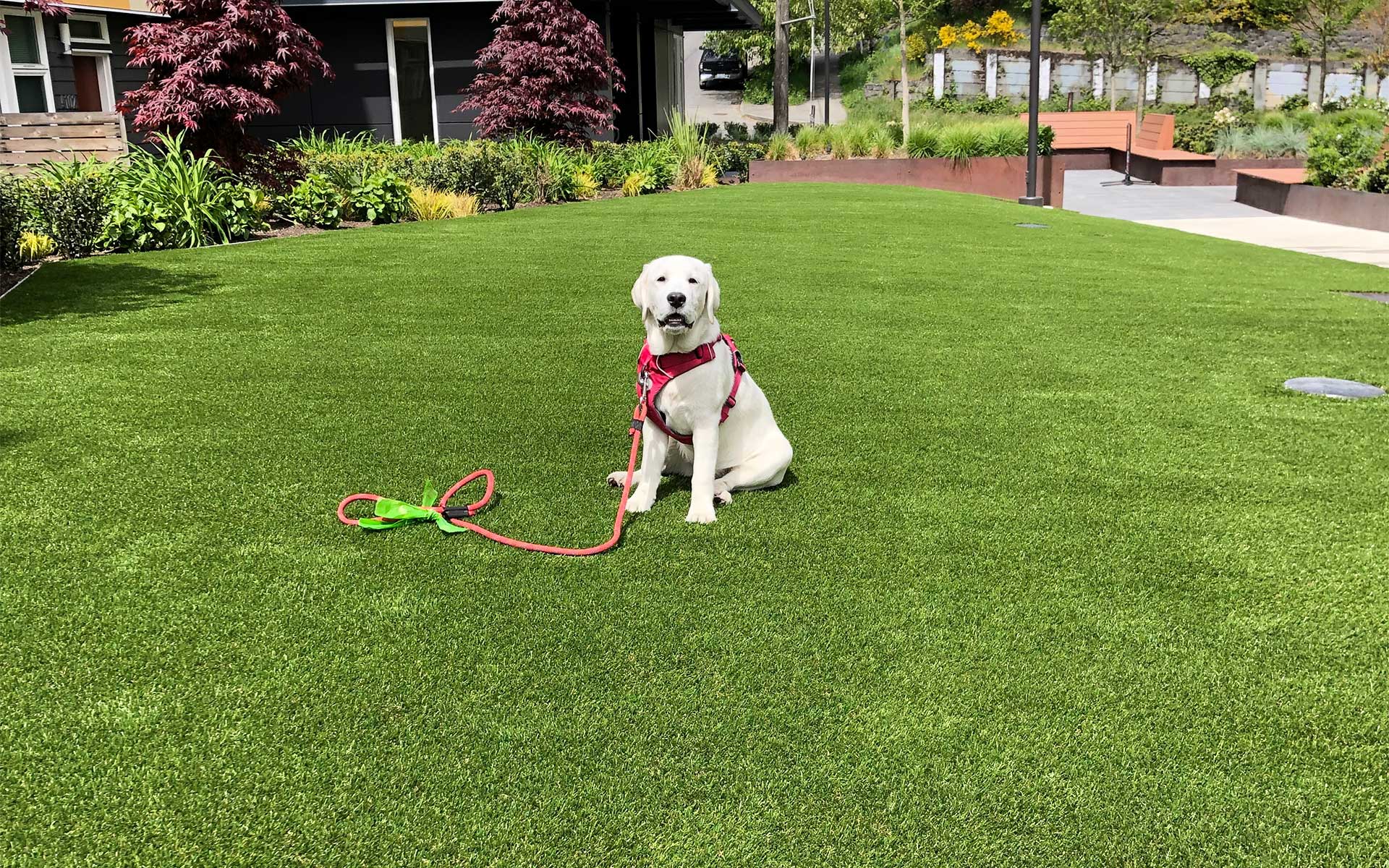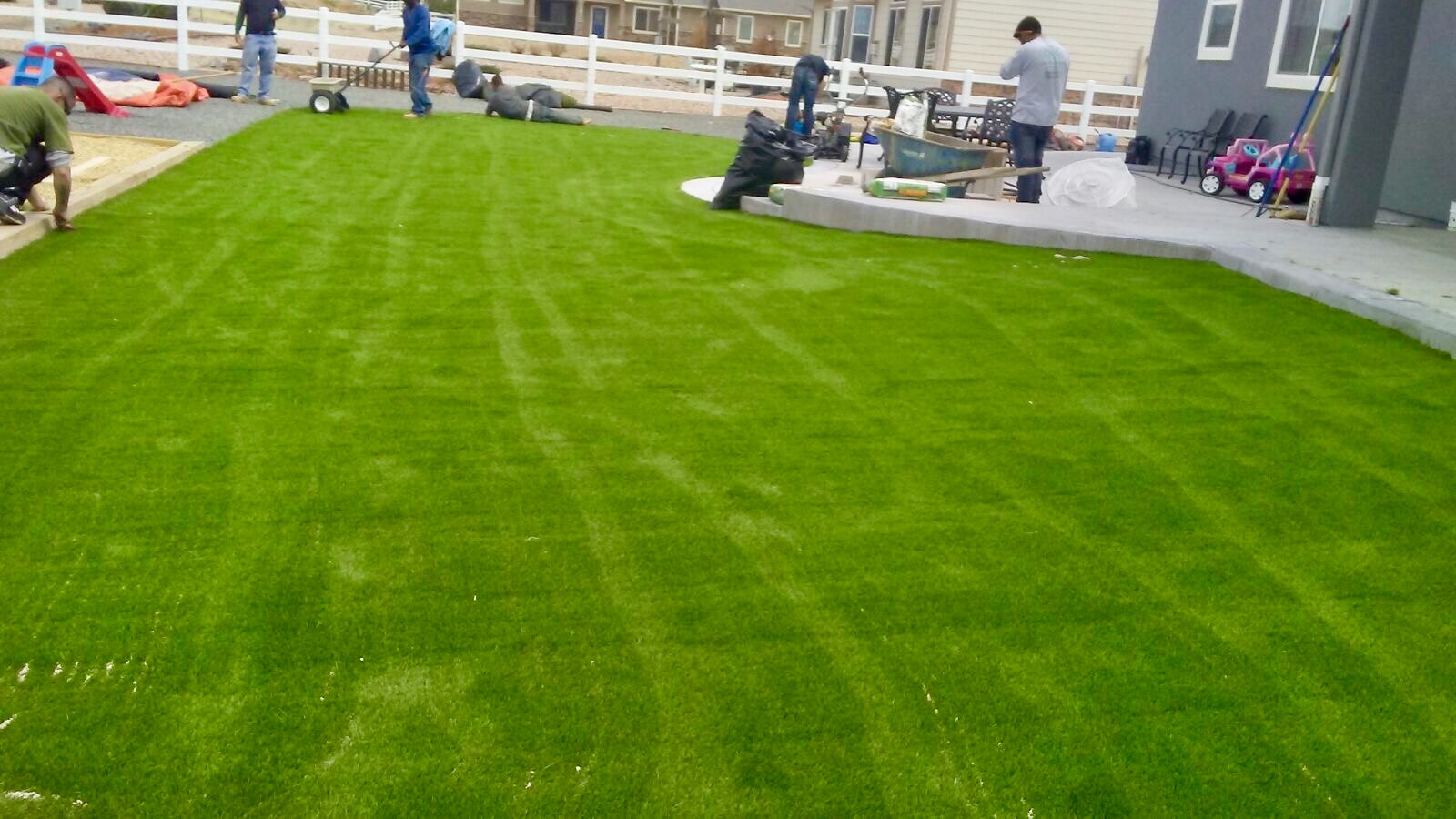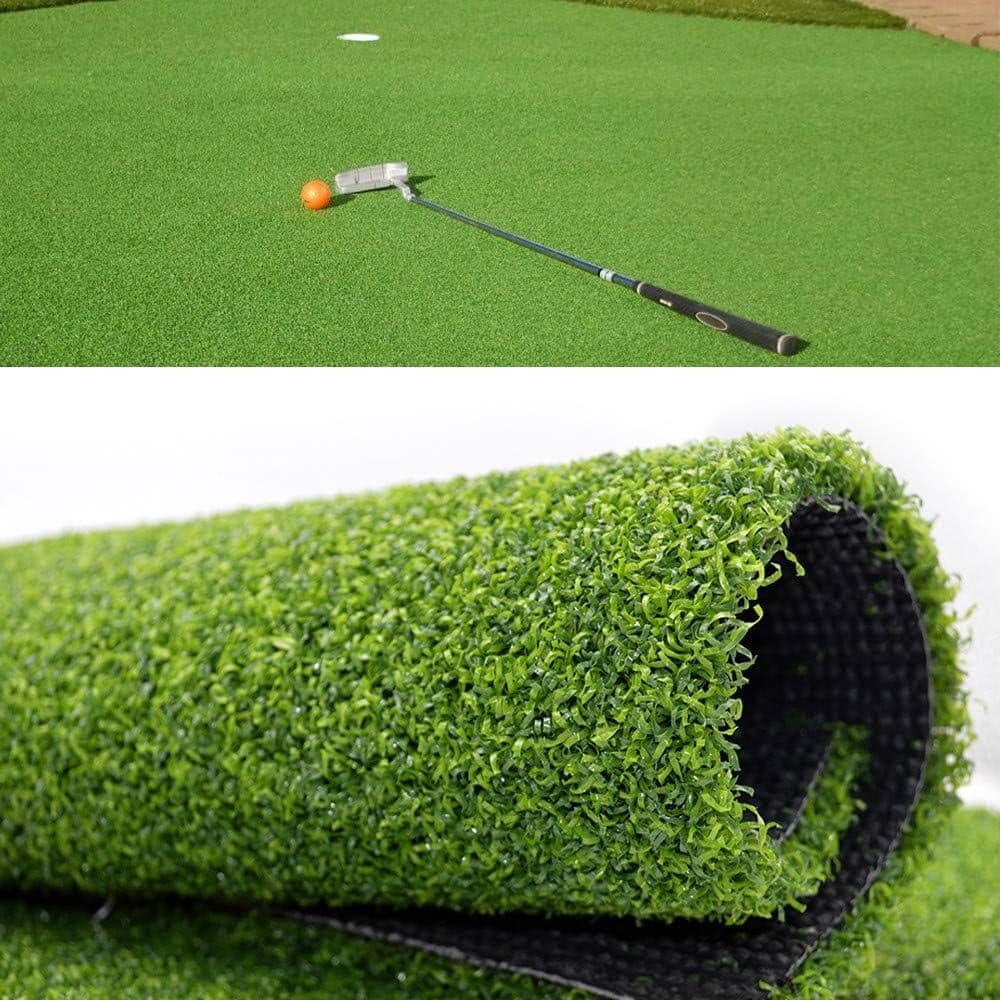Luxury Arizona Turf Installation Solutions for Residences and Commercial Properties
Wiki Article
See Why Homeowners Prefer Artificial Grass for Sustainable Landscaping Practices
As house owners progressively prioritize sustainability in landscaping, synthetic grass has become a compelling alternative to traditional grass. Its capacity to preserve water, lower upkeep efforts, and reduce environmental impact placements it as a sensible selection for those seeking environment-friendly options. Moreover, the aesthetic appeal and convenience of synthetic grass satisfy diverse layout choices. The implications of this change extend past mere ease and looks, triggering a closer exam of how these selections influence more comprehensive environmental end results. What stays to be explored is the complete scope of advantages that man-made turf can offer to home owners and the setting alike.Water Conservation Advantages
One of the most considerable benefits of man-made grass is its function in water conservation. In contrast, synthetic grass eliminates this demand entirely, as it does not require irrigation.Moreover, the installation of synthetic grass can add to an extra lasting landscape. House owners can dramatically decrease their water expenses, enabling reallocation of resources to other ecological campaigns or family uses. Furthermore, synthetic grass is designed to hold up against numerous weather conditions without the need for supplementary watering, making it an excellent selection for regions facing water deficiency.
The ecological benefits expand past instant water savings. By lowering water usage, synthetic turf aids to alleviate the impacts of climate modification, preserving vital ecosystems that are intimidated by extreme water removal. As sustainable landscaping methods acquire grip, synthetic grass arises as a responsible selection for property owners seeking to create environmentally friendly exterior spaces.
Minimized Upkeep Efforts
Fabricated grass significantly lowers upkeep initiatives contrasted to standard turf yards. With synthetic lawn, homeowners can get rid of the time-consuming jobs connected with all-natural landscape design, such as mowing, fertilizing, and weeding. This not only saves beneficial time yet additionally minimizes physical labor, making lawn care available for people of every ages.Typical yards call for frequent cutting to keep a visually pleasing height, whereas artificial grass continues to be constantly rich without the requirement for cutting. In addition, property owners no much longer need to use plant foods or chemicals, which are commonly needed to keep all-natural lawn healthy and balanced.
Additionally, synthetic lawn is resilient and resistant, calling for marginal upkeep beyond occasional cleaning and rinsing to eliminate debris. This ease of maintenance allows property owners to appreciate their exterior spaces without the constant worry of maintenance, providing more time for recreation and family tasks. Inevitably, the lowered upkeep efforts related to synthetic grass make it an enticing alternative for those looking for a low-maintenance, aesthetically appealing landscape.

Ecological Impact Decrease
There is an expanding acknowledgment of the environmental benefits related to artificial lawn, specifically in regards to water conservation and minimized chemical usage. Traditional lawns call for substantial amounts of water, particularly in drought-prone regions, resulting in raised pressure on regional water sources. On the other hand, synthetic grass gets rid of site the requirement for watering, drastically lowering water consumption and promoting sustainability.Furthermore, conventional yard upkeep often includes the application of herbicides, chemicals, and fertilizers, which can add to soil and water pollution. Man-made lawn minimizes this ecological danger by needing very little maintenance and practically eliminating the demand for unsafe chemicals. This not only enhances soil wellness however also shields neighborhood ecological communities from hazardous runoff.
In addition, the production of natural grass yards commonly includes making use of fossil gas for cutting and landscape design devices, more adding to greenhouse gas exhausts. By choosing synthetic grass, homeowners can dramatically reduce their carbon impact connected with grass care activities.
Visual Appeal and Adaptability
In addition to its ecological advantages, synthetic grass uses significant visual charm and flexibility for landscaping. House owners can accomplish a lavish, green appearance year-round, getting rid of the seasonal variations commonly connected with natural lawn. This regular visual not only enhances informative post the visual charm of a property but likewise adds to a properly maintained and sleek appearance.
Moreover, artificial turf is offered in a range of colors, textures, and designs, enabling customization to suit specific preferences and style styles - Phoenix turf companies. Whether made use of in domestic gardens, business areas, or leisure areas, it can perfectly incorporate into varied landscaping designs, from modern-day minimalist to lavish tropical setups
The convenience of synthetic grass extends past simple appearance; it can be installed in numerous places, including roofs, patio areas, and even indoor rooms, producing opportunities for unique landscape design services. Additionally, it is ideal for a series of activities, from children's play locations to pet-friendly atmospheres, providing capability without jeopardizing design.
Eventually, the aesthetic charm and flexibility of synthetic grass make it an attractive alternative for house owners seeking sustainable landscape design options that do not sacrifice appeal for environmental obligation.

Long-Term Price Financial Savings
One of one of the most engaging benefits of artificial turf is its potential for long-term price financial savings. Unlike all-natural yard, which calls for normal upkeep-- consisting of mowing, watering, feeding, and insect control-- man-made grass considerably decreases these continuous expenses. Homeowners can save a significant quantity on water expenses, particularly in regions where water scarcity is a pushing concern. The removal of lawn care solutions additionally adds to financial cost savings, as there is no demand for specific devices or labor.In addition, synthetic grass has a life-span of 15 to 25 years, depending upon its quality and use. This sturdiness minimizes substitute expenses, making it a more cost-effective choice in the future. Moreover, the initial financial investment in synthetic lawn can typically be recouped with the savings accumulated over time.
While the upfront expense might seem greater contrasted to sod installment, the cumulative cost savings from lowered maintenance and water usage usually outweigh these preliminary expenses. Ultimately, the adoption of synthetic grass not just check that advertises a sustainable landscaping service yet additionally supplies property owners a financially wise alternative that aligns with lasting budgeting goals.
Conclusion
Fabricated grass arises as a compelling choice for lasting landscaping, supplying significant benefits in water conservation, lowered maintenance efforts, and lessened environmental impact. As areas progressively focus on environmentally pleasant practices, the adoption of artificial grass represents a modern action toward achieving durable and lasting landscapes.Furthermore, man-made grass is made to hold up against numerous weather conditions without the requirement for supplementary watering, making it a perfect option for regions facing water deficiency. (Phoenix turf companies)

Fabricated turf arises as an engaging option for sustainable landscape design, supplying substantial advantages in water conservation, reduced upkeep efforts, and reduced ecological effect.
Report this wiki page